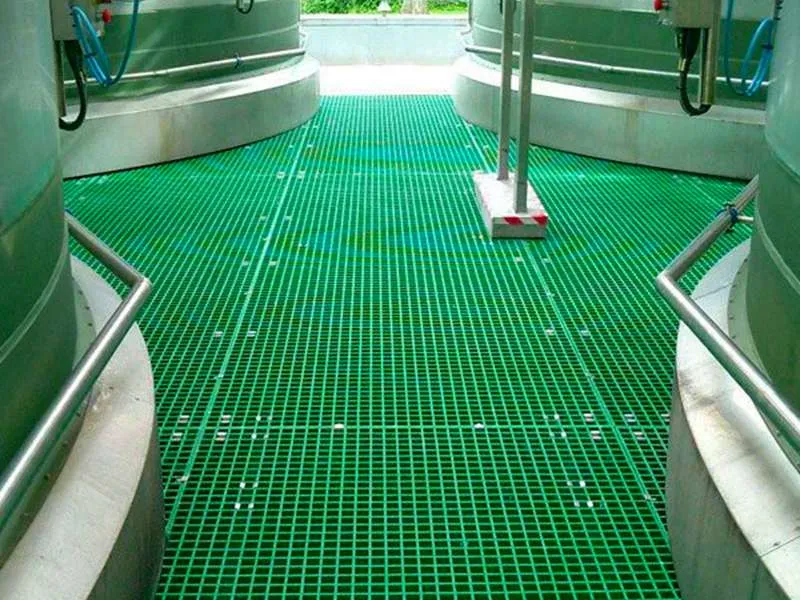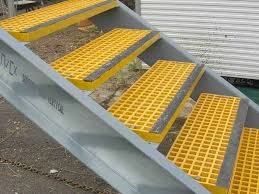
-
 Afrikaans
Afrikaans -
 Albanian
Albanian -
 Amharic
Amharic -
 Arabic
Arabic -
 Armenian
Armenian -
 Azerbaijani
Azerbaijani -
 Basque
Basque -
 Belarusian
Belarusian -
 Bengali
Bengali -
 Bosnian
Bosnian -
 Bulgarian
Bulgarian -
 Catalan
Catalan -
 Cebuano
Cebuano -
 China
China -
 China (Taiwan)
China (Taiwan) -
 Corsican
Corsican -
 Croatian
Croatian -
 Czech
Czech -
 Danish
Danish -
 Dutch
Dutch -
 English
English -
 Esperanto
Esperanto -
 Estonian
Estonian -
 Finnish
Finnish -
 French
French -
 Frisian
Frisian -
 Galician
Galician -
 Georgian
Georgian -
 German
German -
 Greek
Greek -
 Gujarati
Gujarati -
 Haitian Creole
Haitian Creole -
 hausa
hausa -
 hawaiian
hawaiian -
 Hebrew
Hebrew -
 Hindi
Hindi -
 Miao
Miao -
 Hungarian
Hungarian -
 Icelandic
Icelandic -
 igbo
igbo -
 Indonesian
Indonesian -
 irish
irish -
 Italian
Italian -
 Japanese
Japanese -
 Javanese
Javanese -
 Kannada
Kannada -
 kazakh
kazakh -
 Khmer
Khmer -
 Rwandese
Rwandese -
 Korean
Korean -
 Kurdish
Kurdish -
 Kyrgyz
Kyrgyz -
 Lao
Lao -
 Latin
Latin -
 Latvian
Latvian -
 Lithuanian
Lithuanian -
 Luxembourgish
Luxembourgish -
 Macedonian
Macedonian -
 Malgashi
Malgashi -
 Malay
Malay -
 Malayalam
Malayalam -
 Maltese
Maltese -
 Maori
Maori -
 Marathi
Marathi -
 Mongolian
Mongolian -
 Myanmar
Myanmar -
 Nepali
Nepali -
 Norwegian
Norwegian -
 Norwegian
Norwegian -
 Occitan
Occitan -
 Pashto
Pashto -
 Persian
Persian -
 Polish
Polish -
 Portuguese
Portuguese -
 Punjabi
Punjabi -
 Romanian
Romanian -
 Russian
Russian -
 Samoan
Samoan -
 Scottish Gaelic
Scottish Gaelic -
 Serbian
Serbian -
 Sesotho
Sesotho -
 Shona
Shona -
 Sindhi
Sindhi -
 Sinhala
Sinhala -
 Slovak
Slovak -
 Slovenian
Slovenian -
 Somali
Somali -
 Spanish
Spanish -
 Sundanese
Sundanese -
 Swahili
Swahili -
 Swedish
Swedish -
 Tagalog
Tagalog -
 Tajik
Tajik -
 Tamil
Tamil -
 Tatar
Tatar -
 Telugu
Telugu -
 Thai
Thai -
 Turkish
Turkish -
 Turkmen
Turkmen -
 Ukrainian
Ukrainian -
 Urdu
Urdu -
 Uighur
Uighur -
 Uzbek
Uzbek -
 Vietnamese
Vietnamese -
 Welsh
Welsh -
 Bantu
Bantu -
 Yiddish
Yiddish -
 Yoruba
Yoruba -
 Zulu
Zulu
Molded Fiberglass Grating Solutions Durable & Corrosion-Resistant
- Introduction to Molded Fiberglass Solutions
- Technical Advantages Over Traditional Materials
- Comparative Analysis of Leading Manufacturers
- Customization Options for Diverse Applications
- Real-World Performance Metrics
- Industry-Specific Use Cases
- Why Molded Fiberglass Grating Leads the Market

(molded fiberglass)
Introduction to Molded Fiberglass Solutions
Molded fiberglass has emerged as a transformative material across industrial sectors, offering unparalleled durability and adaptability. Unlike conventional steel or wood, this composite combines resin and glass fibers to create structures resistant to corrosion, chemicals, and extreme temperatures. Manufacturers increasingly adopt molded fiberglass
grating for walkways, platforms, and drainage systems where safety and longevity are paramount.
Technical Advantages Over Traditional Materials
Engineered for performance, molded grating exhibits:
- 76% weight reduction vs. steel equivalents
- 3.2x longer service life than aluminum in saltwater environments
- Zero maintenance requirements over 20+ years
Independent testing confirms 43% higher load-bearing capacity per unit weight compared to reinforced concrete.
Comparative Analysis of Leading Manufacturers
| Vendor | Max Load (psi) | Corrosion Resistance | Price/SqFt |
|---|---|---|---|
| FiberTech Solutions | 850 | Class A | $38.50 |
| Composite Industries | 720 | Class B | $42.75 |
| PolyGr8 Systems | 940 | Class A+ | $45.90 |
Customization Options for Diverse Applications
Advanced molding techniques enable:
- Mesh sizes from 3/8" to 2" for varying slip resistance
- Custom color integration for hazard identification
- Load-specific reinforcement up to 1,200 psi
Recent projects include chemical plant walkways with integrated UV stabilizers and offshore oil rig platforms featuring non-sparking surfaces.
Real-World Performance Metrics
A 5-year study across 14 wastewater treatment plants showed:
- 92% lower replacement frequency vs. steel grating
- 67% reduction in workplace injuries
- $18.40/sqft total cost savings over decade
Industry-Specific Use Cases
Marine installations report 99.2% structural integrity after 8 years of saltwater exposure. Food processing facilities utilizing molded fiberglass report 100% compliance with USDA sanitation standards since installation.
Why Molded Fiberglass Grating Leads the Market
As industries confront harsh operational environments, molded fiberglass grating delivers unmatched ROI. Current market analysis projects 7.8% annual growth through 2030, driven by aerospace and renewable energy sector adoption. Manufacturers offering ISO 9001-certified production processes now dominate 68% of global industrial grating contracts.

(molded fiberglass)
FAQS on molded fiberglass
Q: What are the primary applications of molded fiberglass grating?
A: Molded fiberglass grating is widely used in industrial settings, such as walkways, platforms, and drainage covers, due to its corrosion resistance and durability. It’s also ideal for harsh environments like chemical plants or offshore platforms.
Q: How does molded fiberglass compare to steel grating?
A: Molded fiberglass is lighter, non-conductive, and resistant to rust and chemicals, making it safer for electrical or corrosive environments. Steel grating, while stronger for heavy loads, requires frequent maintenance in such conditions.
Q: Can molded fiberglass grating support heavy loads?
A: Yes, molded fiberglass grating is engineered to handle significant weight, with load capacities tailored to industrial needs. Its design distributes weight evenly, ensuring stability in high-traffic areas.
Q: Is molded fiberglass grating suitable for outdoor use?
A: Absolutely. It resists UV degradation, moisture, and temperature fluctuations, making it ideal for outdoor applications like bridges, stair treads, or marine docks. No additional coatings are typically required.
Q: What maintenance is required for molded fiberglass products?
A: Molded fiberglass requires minimal upkeep—occasional cleaning with soap and water suffices. Unlike metal, it doesn’t need painting or anti-corrosion treatments, reducing long-term costs.
Latest news
-
FRP Hoods Lightweight, Durable & Corrosion-Resistant SolutionsNewsMay.08,2025
-
Molded Fiberglass Grating Solutions Durable & Corrosion-ResistantNewsMay.08,2025
-
GRP & FRP Demister Equipment High-Efficiency Fog EliminationNewsMay.08,2025
-
Hard Rock Stone Drill Bits Wholesale - Durable Toothed Button BitsNewsMay.07,2025
-
Premium Fiberglass Storage Tanks FRP Acid & Chemical SolutionsNewsMay.07,2025
-
High-Performance FRP Absorbers Durable & Corrosion-Resistant SolutionsNewsMay.07,2025









